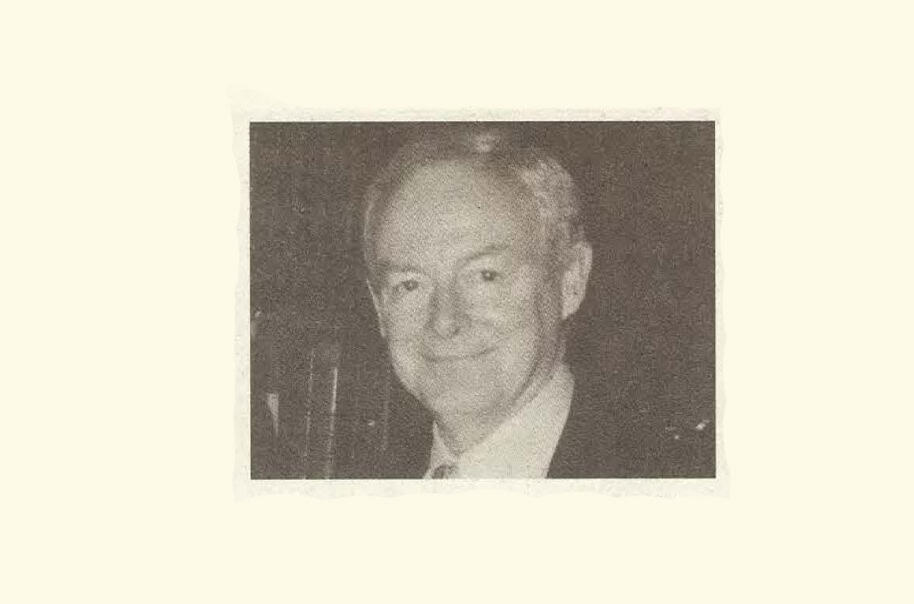The Claremont Review of Books has lost its editor, the Claremont Institute its president, and I have lost a dear friend. Tom Silver died the day after Christmas, at age 54, of an aggressive brain tumor that had been discovered less than a week before.
We first met in 1980, when I came to Claremont as a Publius Fellow to study the American political tradition and practice political journalism for six weeks in the summer. (Publius Fellowships were the first program of the Claremont Institute, and they continue to be awarded every summer.) At the impossibly young age of 33, Tom was the president of Public Research, Syndicated, the precursor organization to the Institute, created to distribute conservative op-eds to newspapers across the country. He was a debater, canny, patient, always looking several moves ahead; a mischievous wit, usually at his own expense, with a small laugh but a broad smile; a lover of wisdom, though he would never have called himself that, who pursued it widely, deeply, and in the least favorable circumstances.
And he was a friend among friends, engaged in an audacious common enterprise. His closest chums, his cofounders, pay their own tributes to him in this issue. They were students together, though not of the prevailing kind of political science, which Tom dismissed memorably:
“Imagine yourself marooned on a desert island,” he wrote, “with only ten books to read, but in this case books not of your own choosing. Suppose them all to be books written by behavioral political scientists during the past twenty years. Question: Do you think that you would die first of boredom, or of self-inflicted wounds?”
Those sentences introduced Natural Right and Political Right, the festschrift that he and Peter Schramm edited for their teacher Harry V. Jaffa in honor of his 65th birthday. Tom was always fascinated by turning points in history, and his studying with Jaffa certainly marked a turning point in his own life, even as it did for his friends and fellow students at Claremont Graduate School. Jaffa introduced them to the serious study of books like the Nicomachean Ethics, Tom Sawyer, and Churchill’s Marlborough, “any one of which we gladly would have taken to a desert island in place of a whole library of our previous fare.” Jaffa’s conversation, Tom wrote, “more than that of any other teacher in our experience, sowed sparks in the minds of his students.”
Tom was a conservative long before he got to Claremont, but like all of those who studied here he became a new, actually a very old, kind of conservative. He was not a libertarian, though he knew all the libertarian arguments and was a devotee of Milton Friedman’s monetarism. He was not a traditionalist, though he loved the American political tradition. Nor was he a neoconservative; he thought that America deserved three cheers, not two. There really was no word, no label, for his and his friends’ kind of conservatism; there still isn’t.
The Claremont Institute—and the CRB—stand for a conservatism so familiar that it is surprising, so innocuous that there is hardly anything more controversial. It might be called American conservatism, were there not already a generic term. Under Jaffa’s tutelage, Tom learned that the Declaration of Independence had proclaimed the central idea of the American political tradition, and that idea was true. The idea was human equality, properly understood, which meant as ordained by nature and nature’s God; and equality that promoted and in favorable circumstances required republican government; an equality not only consistent with but culminating in human excellence.
Since the dark days of the late 1970s, America has recovered some of her old self-confidence. Still, the new patriotism of the 1980s withered, and the new new patriotism engendered by September 11 will fade as well, if not planted in a better understanding of the rightness and goodness of American principles. Tom saw this with remarkable clarity. He studied why conservatism had failed to make much headway in the 20th century; why liberalism had been so successful.
His doctoral dissertation, published as Coolidge and the Historians, was a gem, a wry refutation of the lies, distortions, and partial (i.e. partisan) truths told by liberal historians about Calvin Coolidge. Those fables served to discredit the old America and to justify the new republic that Franklin D. Roosevelt had helped to initiate. Tom’s second book, substantially complete at his death, extended his analysis of how liberalism, nee progressivism, had wrapped its coils around American politics. The CRB is proud to present an excerpt from The Liberal Century: How Progressivism Transformed America, in which Tom argues that conservatism, as presently constituted, alas, cannot defeat its liberal foe.
Tom believed that a reconstructed conservatism could and should be able to vanquish liberalism, assuming that Providence cooperated. In Tom’s own case, God had other plans. Having spent eight years here before a long interlude in Los Angeles and California politics, Tom had come full circle, returning to the Claremont Institute as its president only 18 months ago. It was he, as president, who decided to launch the CRB.
Our loves define us, in the end. Tom Silver loved his country, his friends, his family; and to his wife Nancy, his sons Arthur and Tony, and his parents, brothers and sister, we extend our deepest sympathy. He loved the play of a good argument, too, which we shall try to offer him plenty in these pages—in loving memory of our friend.


